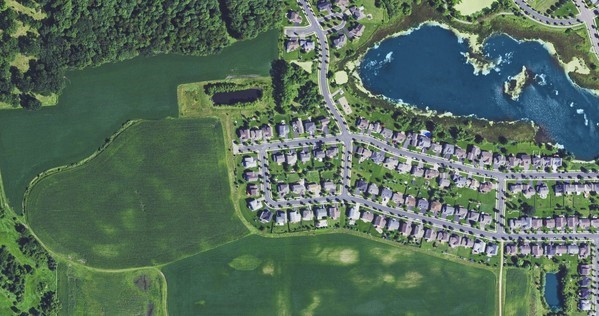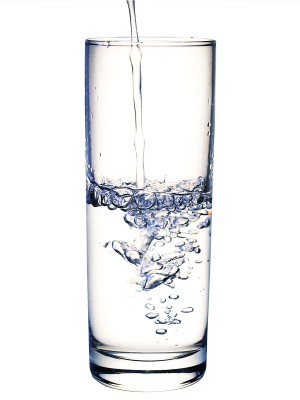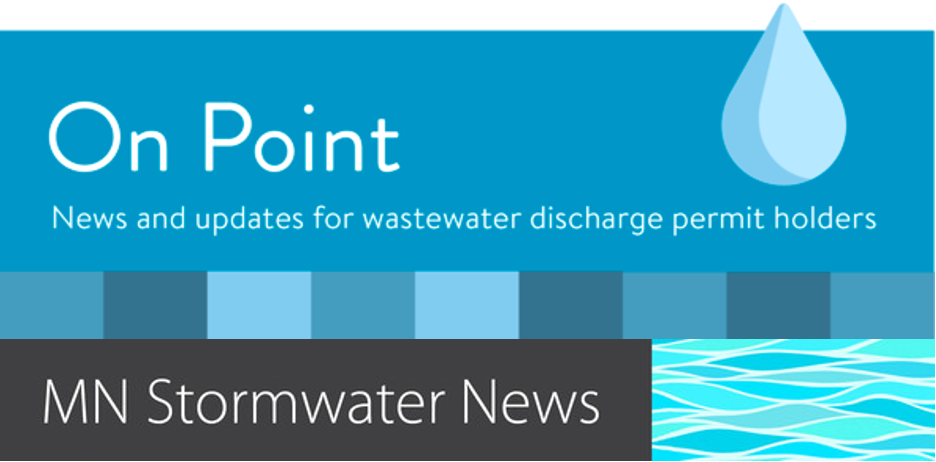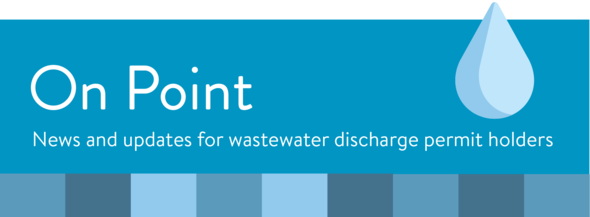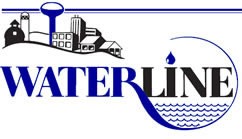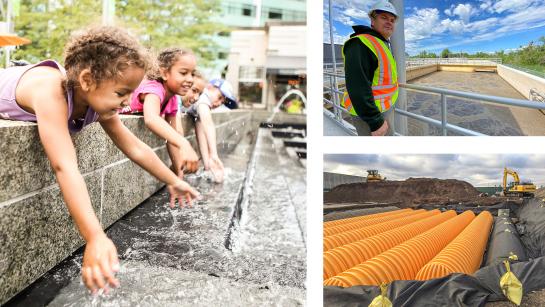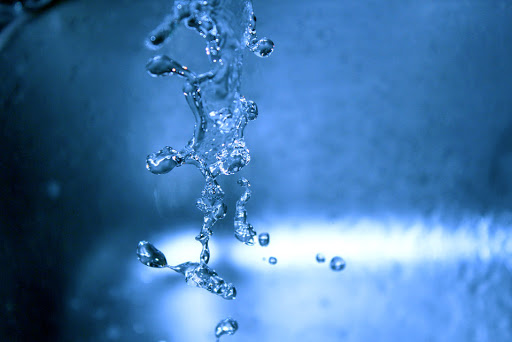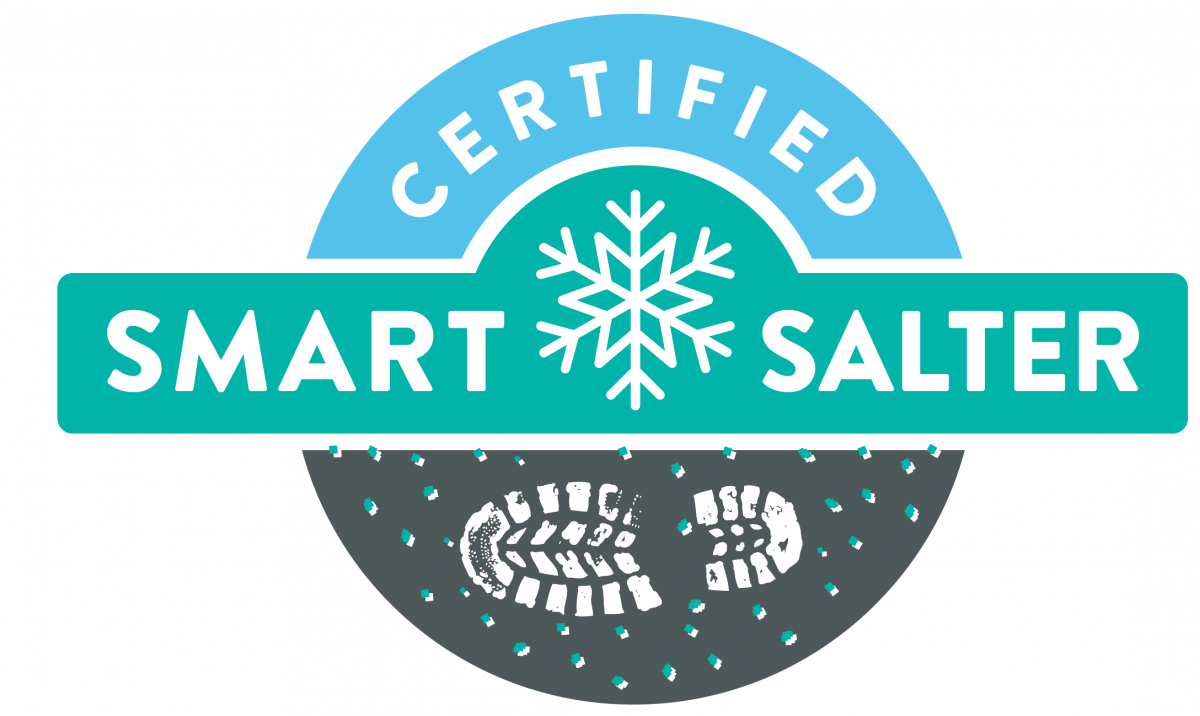A number of updates and announcements have been made recently, including some from the Minnesota Pollution Control Agency (MPCA) regarding the draft PFAS Monitoring Plan and the 2022 Ag-Urban Partnership Forum on Water Quality. The Minnesota Board of Water and Soil Resources (BWSR) announced the approval if $12.7 million in Clean Water Fund Grants as well, with two of the 39 grants going to Anoka County projects.
Input period extended for draft PFAS Monitoring Plan
There have been a couple previous posts regarding the MPCA draft PFAS Monitoring Plan here on Know the Flow. Recently, MPCA announced that they are extending the public input period for the plan until Friday, January 21st, 2022. The new deadline will allow interested parties to review the MPCA PFAS sampling guidance and the revised PFAS analytical guidance.
Reminder that comments can be provided via the online PFAS monitoring plan comment form.
MPCA Remediation programs public meeting on the draft PFAS Monitoring Plan
In making the announcement of the input period extension above, MPCA announced a public meeting on the Remediation program’s draft PFAS Monitoring Plan. The meeting will be held on January 4th, 2022 from 2-3 pm. There will be an opportunity for the public to provide feedback on the plan.
Below is the meeting agenda:
- Summary of the PFAS Monitoring Plan and Appendix E – Remediation
- Implementation of the PFAS Monitoring Plan at Remediation sites
- Remediation program PFAS guidance development process and timeline
- PFAS Stakeholder group and public website
- Opportunities for public input through the stakeholder group and public comment period
- Open forum for public comment and general Q&A
To join the Microsoft Teams meeting on a computer or mobile app, click this link: Click here to join the meeting. You can also call in (audio only): +1 651-39507448,,242829432#, Phone Conference ID: 242 829 432#.
To review the draft plan, to submit comments, and for contact information regarding the meeting, visit the MPCA PFAS monitoring plan website.
2022 Ag-Urban Partnership Forum on Water Quality
The MPCA also announced the 2022 Ag-Urban Partnership Forum on Water Quality, which will be held on Tuesday, January 18th, 2022 from 9 am until noon via WebEx webinar. The Ag-Urban Partnership Forum is an annual conversation on the ways that agricultural and urban partners are working together to improve water quality around Minnesota.
Use this registration link to obtain meeting access information. Note that the start time for the meeting is listed at 8:45 am, as MPCA hopes that participants will log in early as the forum will begin promptly at 9 am.
Below are the desired meeting outcomes:
- Learn from innovative examples of Ag-Urban collaboration
- Listen to stories about groups that have broken down barriers and are working together
- Hear strategies on how to move partnerships forward with existing planning frameworks
- Recognize successful partnerships
- Inspire additional partnerships
The meeting agenda will be:
- Welcome
- North Fork of the Crow water quality trading pilot project
- Shell Rock River trading pilot project
- Red River Basin adaptive management project
- Generating credits on agricultural land: the MN Ag Water Quality Certification Program and Ecosystem Services Market Consortium
Sponsoring Partners: BWSR, Minnesota Department of Agriculture, MPCA, Minnesota Agricultural Water Quality Certification Program.
Questions: Lauren Lewandowski, MPCA Communications & Outreach: 651-757-2756 or lauren.lewandowski@state.mn.us.
BWSR Clean Water Fund Grants – 2 Anoka County projects
BWSR approved $12.6 million in Clean Water Fund grants on December 16th to improve water quality in streams, lakes, and groundwater across the state of MN. The $12.7 million will fund 31 grants dedicated to specific projects and practices, four grants that will support multipurpose drainage management, and four grants that will focus on projects that specifically address drinking water issues.
Two of the 31 projects and practices grants were awarded for projects in Anoka County, with the grants awarded to the Coon Creek Watershed District and the City of Anoka. Below are the abstracts for the two projects:
Coon Creek Watershed District – Epiphany Creek BIESF: “In partnership with the City of Coon Rapids, Coon Creek’s aquatic life and recreation impairments will be addressed by reducing nutrient and bacteria loading attributable to urban stormwater runoff. A 10,000 sq ft biochar- and iron-enhanced sand filter will be constructed to treat runoff from Epiphany Creek, a 655-acre urban subwatershed. This regional filtration practice will reduce total phosphorus loading to Coon Creek by 23 pounds per year and bacteria loading by 404 billion organisms per year.”
City of Anoka – Rum River Woodbury House Riverbank Stabilization Project: “This project will stabilize 300 linear feet of eroding bank along the Rum River adjacent to the historic Woodbury House site, less than 1/2 mile upstream of the confluence with the Mississippi River. Eroding riverbanks contribute to the Mississippi River’s TSS impairment, Rum River’s near-listing for nutrients, and degrades aquatic habitat. This project was identified in a 2012 riverbank inventory along 16.2 miles of the Mississippi River. Riverbank stabilization will combine an armored toe and vegetated reinforced soil slope. As a secondary benefit, this project helps protect a highly visible historic site. Woodbury House, on the National Register of Historic Places, was built in 1857 and overlooks the rivers’ confluence. The project will reduce pollutants by 128 tons of sediment and 128 pounds of phosphorus annually.”
Learn more about the grant recipients:
Click here to learn more about the Clean Water Fund.
Photo: MPCA



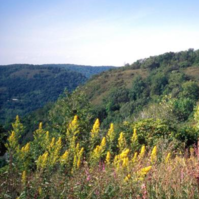
 January 4th, 2022
January 4th, 2022  knowtheflow
knowtheflow 
